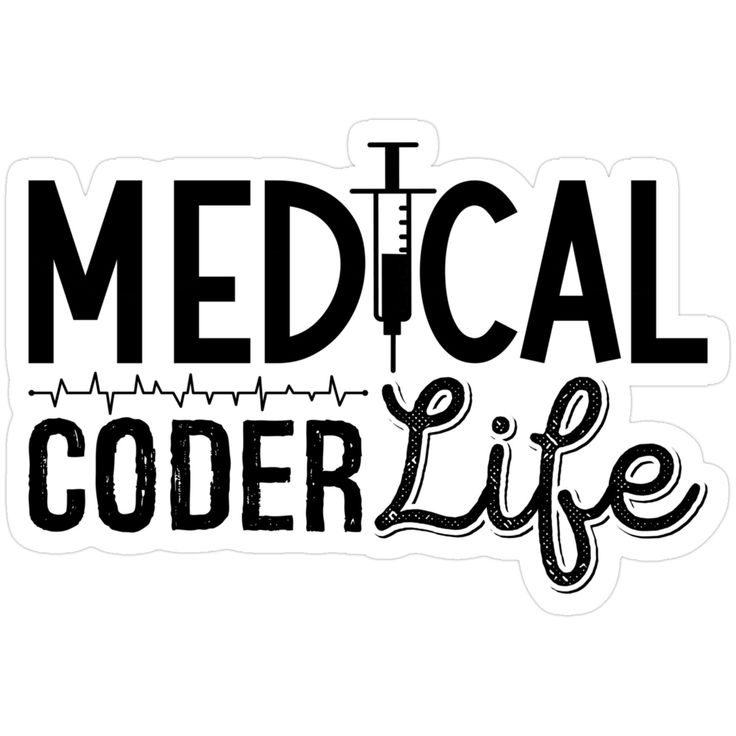“Opportunities don’t happen, you create them.” – Chris Grosser
Healthcare is one of the fastest-growing industries in the world, and behind every patient’s hospital visit, surgery, or test, there’s a silent hero—the medical coder. While doctors and nurses focus on saving lives, coders make sure the financial and administrative side of healthcare runs smoothly. Without coding, hospitals wouldn’t get paid, insurance claims would collapse, and patient records would be incomplete.
So, if you’re wondering whether medical coding jobs could be your career path, this guide will walk you through everything—what it is, why medical coding jobs matter, the skills you need, career opportunities, salaries, myths, real-world stories, and even motivational wisdom from some of history’s greatest thinkers.
What is Medical Coding?
Medical coding is the process of translating healthcare services—like diagnoses, treatments, and procedures—into universal codes. These codes help insurance companies, hospitals, and government agencies understand what care was provided and how to process payment.
Think of it as the language of healthcare finance. While doctors write medical notes, coders turn those notes into standardized codes like ICD-10 (for diagnoses) and CPT/HCPCS (for procedures).
Without accurate coding:
- Hospitals lose revenue.
- Insurance companies reject claims.
- Patients face unnecessary billing disputes.

Why Choose a Career in Medical Coding?
Medical coding isn’t just a job—it’s a career with stability, growth, and flexibility. Here’s why medical coding jobs attracting so much attention:
- High Demand – The healthcare industry is booming globally. Coders are needed in hospitals, insurance firms, and private clinics.
- Remote Work Options – Many coders enjoy the flexibility of working from home.
- No Medical Degree Required – Certifications and training programs are enough to start.
- Global Reach – Coders in developing countries can work for U.S. or Middle Eastern hospitals.
- Career Growth – From coding, you can branch into auditing, compliance, consulting, or management.
- Financial Independence – Especially in countries with fewer job options, coding offers stable, above-average income.
Skills You Need to Get Medical Coding Jobs
Medical coding requires both technical and soft skills. You don’t need to be a doctor, but you do need precision and dedication.
- Medical Terminology – To understand conditions and treatments.
- Detail-Oriented Thinking – A single wrong digit can cause huge financial errors.
- Analytical Skills – Coding is like solving puzzles; you interpret notes and match codes.
- Tech Savviness – Most coders work with digital healthcare systems.
- Communication – Sometimes you need to clarify information with doctors or nurses.
- Time Management – Coders handle multiple cases daily, so organization is key.
“Excellence is not a skill. It is an attitude.” – Ralph Marston
Types of Medical Coding Systems
- ICD-10 – For diseases and diagnoses.
- CPT – For medical procedures.
- HCPCS – For equipment, supplies, and specialized services.
These coding systems make healthcare universal. For example, if a patient in the U.S. undergoes heart surgery, the same code will be recognized in India or Europe.
A Day in the Life of a Medical Coder
Curious about the actual work? Here’s a snapshot:
- Morning Routine: Log into the hospital’s EHR (Electronic Health Record) system.
- Case Review: Check doctor’s notes, test reports, and discharge summaries.
- Assign Codes: Translate conditions and treatments into ICD and CPT codes.
- Error Checking: Ensure codes align with documents and billing rules.
- Communication: Clarify unclear cases with physicians.
- Submission: Send completed records for billing or insurance processing.
Best part? Many coders do this from home while enjoying flexible schedules and easily make career in medical coding jobs.
Salaries in Medical Coding
Earnings depend on experience, certification, and country:
- United States: $45,000 – $65,000 annually; certified coders earn more in medical coding jobs.
- Middle East (UAE, Saudi Arabia, Qatar): $20,000 – $35,000 annually, plus housing and benefits.
- India/Pakistan/Philippines: $5,000 – $15,000 annually, with remote U.S. contracts paying higher.
With specialization (like oncology or cardiology coding), salaries increase significantly.

Remote and Freelance Opportunities
Remote coding jobs are booming. Hospitals have realized coders don’t need to be in-house—they just need secure access. This makes coding ideal for:
- Stay-at-home parents.
- Professionals in rural areas.
- International workers seeking U.S. or U.K. clients.
Freelancers can also find projects on platforms like Upwork and Fiverr, often leading to long-term contracts.
“Do what you love, and you’ll never work another day in your life.” – Confucius
Myths vs. Facts About Medical Coding Jobs
- Myth: Coding is just typing numbers.
Fact: It requires medical knowledge, analysis, and precision. - Myth: You need a medical degree.
Fact: Certifications are enough to begin. - Myth: It’s a dead-end job.
Fact: Coders can grow into auditors, consultants, or managers. - Myth: AI will replace coders.
Fact: AI supports coders, but human judgment is still essential.
Career Paths in Medical Coding Jobs
Medical coding jobs is not a one-size-fits-all career. There are multiple paths you can take:
- Entry-Level Coder – Start with basic hospital coding.
- Specialized Coder – Focus on areas like cardiology, oncology, or orthopedics.
- Auditor – Review coding accuracy and compliance.
- Coding Trainer – Teach new coders in institutes or online.
- Consultant – Advise hospitals on coding compliance and efficiency.
- Manager/Director – Lead coding teams in hospitals or outsourcing firms.
Success Stories That Inspire
- Homemaker to Professional – A mother in India completed a coding course and now works remotely for a U.S. hospital.
- Career Switch – A retail worker in Pakistan earned his certification and now earns triple his past income.
- Freelancer to Global Worker – A coder in the Philippines started on Upwork and eventually landed a full-time hospital job in Dubai.
These stories prove coding can be life-changing.
The Global Demand for Medical Coding Jobs
Healthcare is universal. Every country needs coders. Here’s how:
- United States: Rising aging population means higher demand.
- Middle East: Growing hospitals recruit coders internationally.
- Asia: Outsourcing has made coding a huge career in India and the Philippines.
- Europe: Transition to digital health records has increased demand.
By 2030, the global need for coders is expected to double.

Step-by-Step Guide to get into the Medical Coding Jobs
- Complete Training – Enroll in a coding course (6–12 months).
- Get Certified – CPC, CCS, or other recognized certifications.
- Practice – Use mock charts and coding exercises.
- Build a Resume – Highlight certifications and accuracy skills.
- Apply Widely – Start with internships, entry-level jobs, or freelancing.
- Keep Learning – Medical rules evolve; staying updated is crucial.
“Start where you are. Use what you have. Do what you can.” – Arthur Ashe
Tools Every Medical Coder Should Know
- EHR Systems – Epic, Cerner, Meditech.
- Coding Software – 3M, TruCode, Optum.
- Medical Dictionaries – Dorland’s, Taber’s.
- Compliance Tools – HIPAA guidelines, CMS resources.
Learning these tools makes you faster and more employable.
Future of Medical Coding
The field is evolving quickly:
- AI & Automation – AI will speed up repetitive tasks but coders remain essential for judgment calls.
- Remote Work – Work-from-home will continue growing to get medical coding jobs.
- Specializations – Higher salaries will go to coders trained in niche areas.
- Global Collaboration – Hospitals worldwide will outsource to skilled coders.
“Change is the law of life. And those who look only to the past are certain to miss the future.” – John F. Kennedy

Final Thoughts
Medical coding jobs may not sound glamorous, but it offers stability, growth, flexibility, and global opportunities. Whether you’re a student, a professional seeking a switch, or someone looking for remote freedom, coding can be your gateway to success.
Remember: success won’t come overnight. But with patience, dedication, and continuous learning, you can build a career that not only pays well but also gives you the freedom to design your own lifestyle.
“Success is not final, failure is not fatal: it is the courage to continue that counts.” – Winston Churchill